Our vision, mission and values
Our work is socially-engaged and driven by our values and principles.
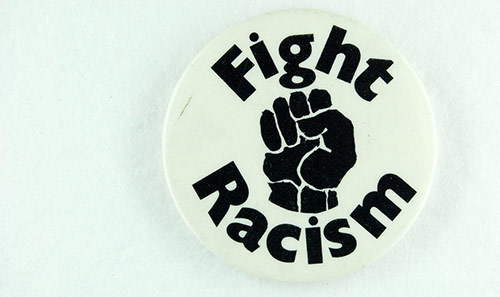
Vision and mission
Our vision is an inclusive, equally represented and racially just society where everyone belongs.
Our Mission
Our mission is to make global majority history, heritage and culture more accessible, supporting excellence in research and learning through community partnerships and inclusive practice.
Values and Guiding Principles
We work collaboratively and respectfully for others, centring the needs of global majority groups and not those of the institution.
We take a lead in challenging inequality, discrimination and bias.
We work courageously to uncover, record and collect marginal histories by providing a safe space for discussion, learning and exploring.
We proactively seek to share our platform and privilege.
Objectives
Our objectives are to:
- Ensure research, teaching and collecting centres on global majority groups.
- Increase understanding, awareness and appreciation of global majority histories.
- Increase the skills and confidence of community groups, researchers, educators, students, and young people.
- Clarify our message to increase awareness of our value and impact to key decision-makers and stakeholders to inform policy and attract investment.
- Change the sectors we work with so they adopt more ethical and inclusive ways of working.
- Secure a relevant, forward-thinking and sustainable service.
A de-colonised library
We believe that a de-colonised library offers a more accurate and less biased account of history and experiences.
It rejects colonial ways of thinking and power structures that privilege white and Eurocentric perspectives and narratives.
A de-colonised library is central to our mission, vision and values. We are therefore strongly committed to de-colonising our library. We aim to offer a range of intersectional voices and thinkers, encourage readers and researchers to recognise and step outside of Eurocentric thinking, and present a plurality of ideas and ways of thinking about the world around us.
This is a long-term and evolving process, but we are pleased to be making a start.
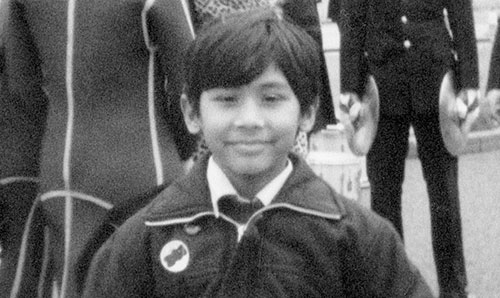
Our history
The Centre was established by Lou Kushnick, Professor of Sociology at The University of Manchester, in 1999.
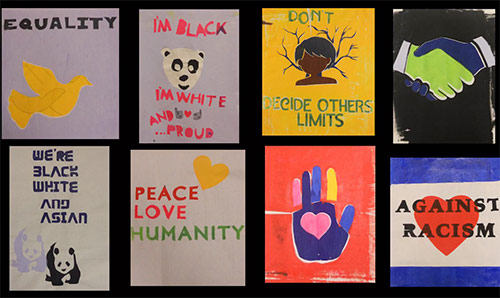
Ahmed Iqbal Ullah Education Trust
The Trust works out of the RACE Centre, supporting community-led collecting and heritage projects, and engagement work with local communities.
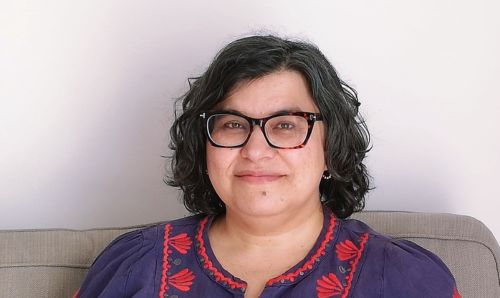
Our people
Find out more about our staff at the Ahmed Iqbal Ullah RACE Centre.
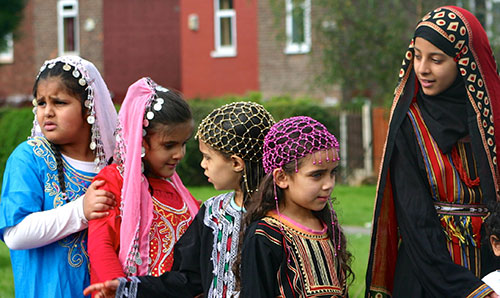
Working with communities
Find out about how we work with global majority communities to explore and share their histories.
